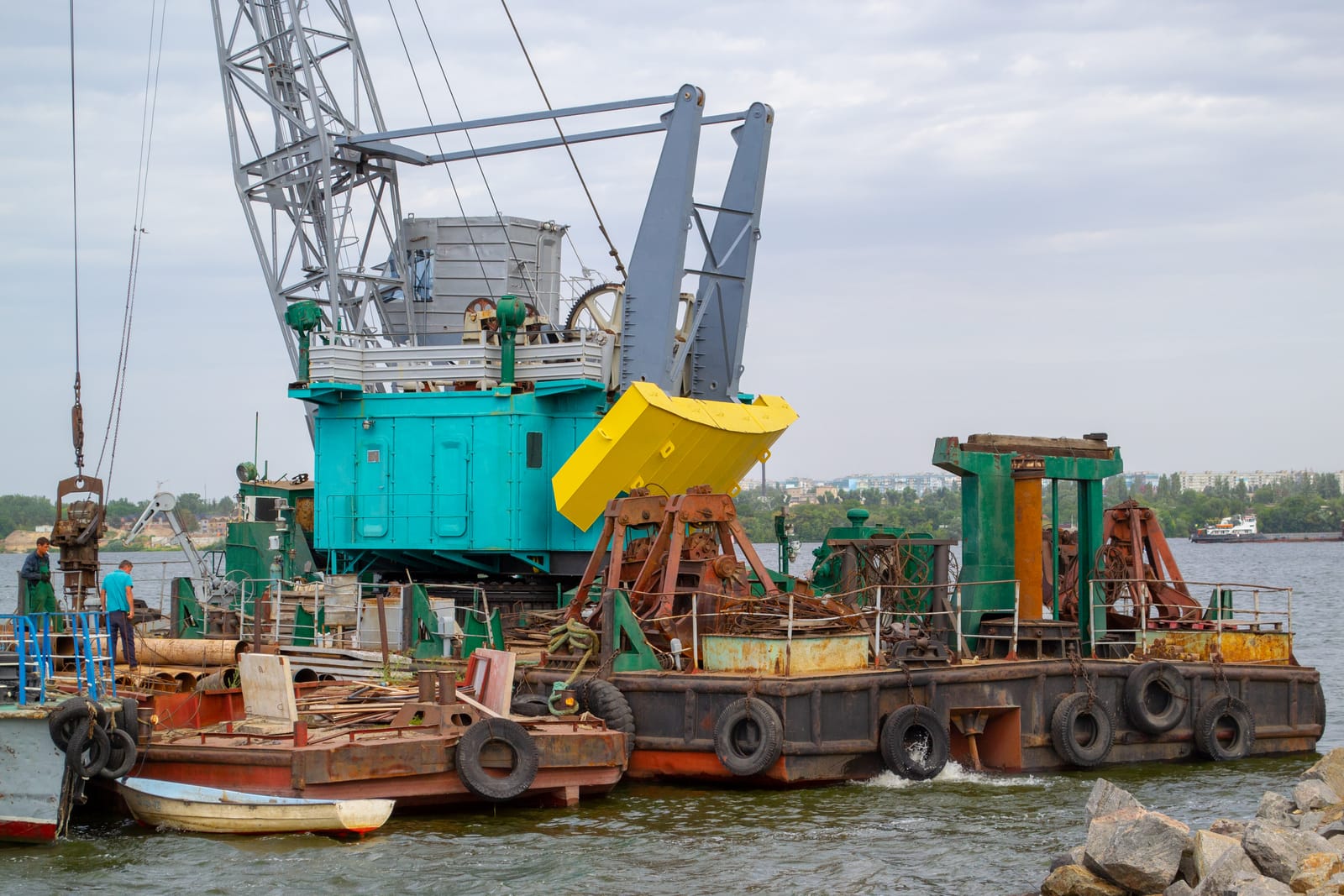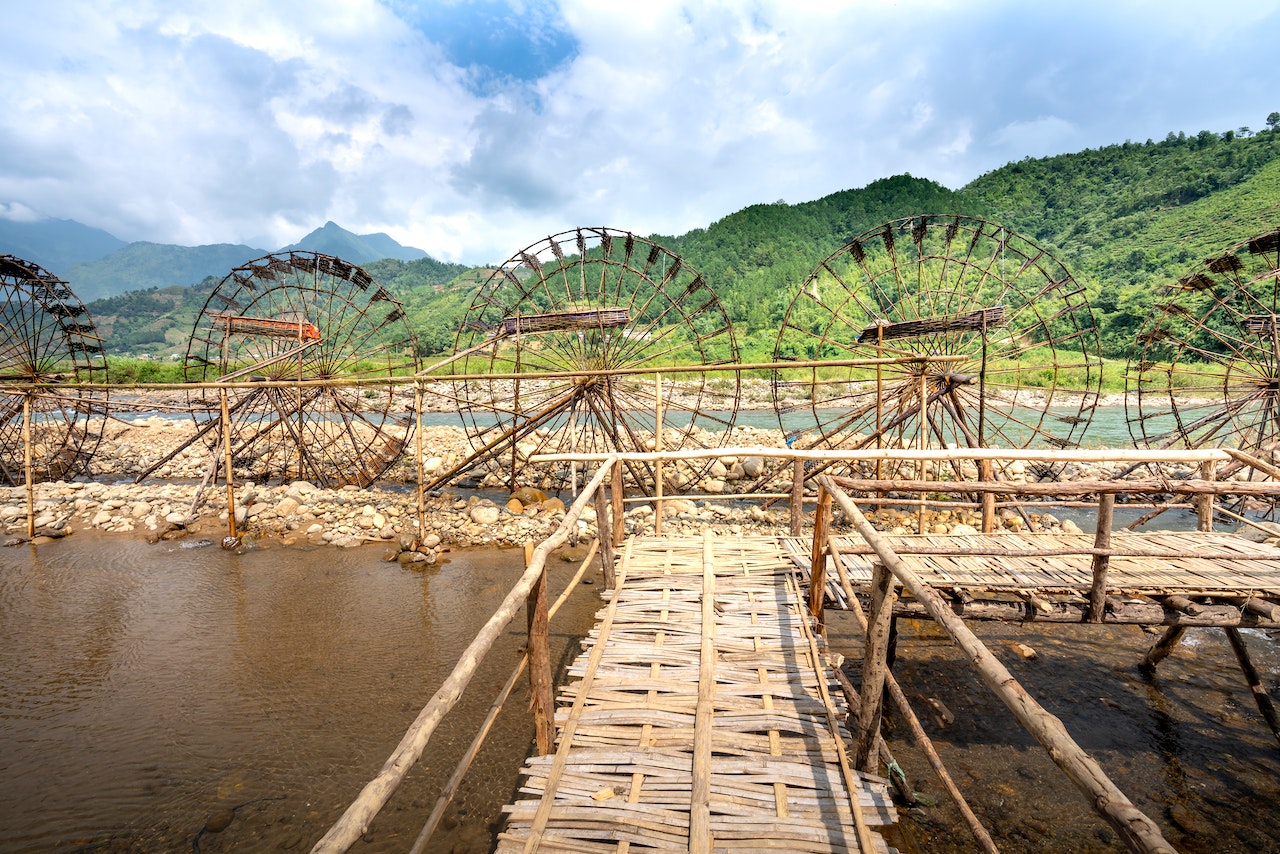Greywater systems have emerged as a viable solution for water recycling in urban landscapes, despite the irony of their underutilization. This article aims to provide an analytical and informative overview of the benefits, types, design considerations, maintenance requirements, and legal regulations associated with greywater systems in urban areas.
By exploring the potential of these systems and addressing their practical implementation challenges, this article seeks to empower readers with knowledge that enables them to make informed decisions about incorporating greywater systems into their own urban landscapes.
Key Takeaways
- Greywater systems in urban landscapes offer benefits such as water conservation, reduced strain on municipal water supplies, decreased wastewater discharge into the environment, and cost-effective reuse of household wastewater.
- There are different types of greywater systems available, including gravity-based systems and filtration methods, which are energy-efficient, cost-effective, and provide high-quality treated water.
- Designing and installing a greywater system in an urban setting involves assessing available space, familiarizing with local regulations, considering specific community needs, and providing a sustainable solution for water management that meets conservation goals.
- To ensure maximum efficiency, greywater systems require regular monitoring of performance, proper filtration to remove impurities, timely repairs to prevent further damage, continuous functioning of the system, and the removal of solids, chemicals, and pathogens from the greywater.
Benefits of Greywater Systems in Urban Landscapes
The benefits of implementing greywater systems in urban landscapes include water conservation, reduced strain on municipal water supplies, and decreased wastewater discharge into the environment.
Greywater systems are cost effective solutions that allow for the reuse of household wastewater from sources such as sinks, showers, and laundry machines. By treating and recycling this water for irrigation purposes, greywater systems can significantly reduce the demand for potable water in urban areas. This not only conserves precious freshwater resources but also helps to alleviate pressure on municipal water supplies, especially during periods of drought or increased population.
Furthermore, by diverting greywater away from traditional wastewater disposal methods, such as sewage treatment plants or septic tanks, these systems contribute to a significant decrease in the environmental impact associated with wastewater discharge.
Types of Greywater Systems for Water Recycling
One common method for reusing water in cities involves utilizing different types of systems designed specifically for this purpose. Greywater systems are an effective solution that can help conserve water and reduce the strain on freshwater resources. These systems collect and treat wastewater from sources such as sinks, showers, and washing machines, making it suitable for non-potable uses like irrigation or toilet flushing. There are various types of greywater systems available, including gravity-based systems and filtration methods.
| Type of Greywater System | Description | Advantages |
|---|---|---|
| Gravity-Based Systems | Utilize gravity to transport greywater from its source to treatment units. They require little energy input and can be cost-effective. | – Energy-efficient |
- Cost-effective
- Low maintenance |
| Filtration Methods | Employ different techniques to remove impurities from greywater, such as physical filtration or biological processes. They produce high-quality treated water suitable for various purposes. | – High-quality treated water - Versatile application options
- Customizable design |
Designing and Installing a Greywater System in an Urban Setting
Designing and installing a greywater system in an urban setting involves careful planning and consideration of factors such as space constraints, local regulations, and the specific needs of the community. To ensure a successful implementation, several key steps should be followed:
- Assess available space and determine the most suitable location for the greywater system.
- Familiarize yourself with local regulations regarding greywater reuse to ensure compliance.
- Consider the specific needs of the community, such as water demand and usage patterns.
By taking these factors into account during the design and installation process, urban greywater systems can effectively meet water conservation goals while providing a sustainable solution for water management in densely populated areas.
The next section will discuss maintenance and upkeep of greywater systems for maximum efficiency.
Maintenance and Upkeep of Greywater Systems for Maximum Efficiency
Maintenance and upkeep of greywater systems for maximum efficiency involves regular monitoring, proper filtration, and timely repairs to ensure the continuous functioning of the system.
Greywater treatment is a crucial aspect of maintaining these systems, as it helps remove impurities and contaminants from the water before it can be reused. Filtration methods such as sand filters or biofilters can effectively remove solids, chemicals, and pathogens from the greywater.
Regular monitoring of the system’s performance is essential to identify any issues such as clogs or leaks that may affect its efficiency.
Timely repairs should be carried out whenever necessary to prevent further damage or deterioration.
Legal Considerations and Regulations for Greywater Systems in Urban Areas
Legal considerations and regulations play a crucial role in ensuring the safe and effective implementation of greywater reuse practices within urban areas. As more individuals and communities adopt greywater systems to conserve water and reduce strain on freshwater resources, it is imperative to have clear guidelines in place.
Some key legal considerations include:
-
Greywater system permits: Obtaining the necessary permits from local authorities is essential for installing and operating a greywater system. These permits ensure that the system meets safety standards and does not pose any health or environmental risks.
-
Restrictions on greywater use: Regulations may impose restrictions on the types of water that can be reused, such as prohibiting the use of kitchen wastewater due to potential contamination issues. Additionally, limitations on irrigation methods and designated usage areas may be enforced.
Frequently Asked Questions
Can Greywater Systems Be Used in Commercial Buildings or Are They Only Suitable for Residential Use?
Greywater systems can be used in commercial buildings as well as residential ones. They offer benefits such as reduced water consumption, cost savings, and environmental sustainability. The economic feasibility of implementing these systems should be evaluated based on specific circumstances and requirements.
Are There Any Health Risks Associated With Using Greywater for Irrigation?
Health risks associated with using greywater for irrigation are a concern that needs to be addressed. Understanding the potential impacts on human health and the environment is crucial in order to develop effective guidelines and regulations for safe and sustainable use of greywater systems.
How Much Water Can Be Saved by Installing a Greywater System in an Urban Landscape?
The installation of a greywater system in an urban landscape can significantly contribute to water conservation efforts. By recycling and reusing wastewater for irrigation purposes, a substantial amount of water can be saved, thereby reducing the environmental impact associated with excessive water consumption.
Are There Any Limitations or Restrictions on the Type of Plants That Can Be Watered With Greywater?
There are limitations on the types of plants that can be watered with greywater. The impact of greywater on soil quality should be considered when selecting appropriate plant species for irrigation in urban landscapes.
Do Greywater Systems Require Any Special Permits or Approvals From Local Authorities?
Permit requirements for greywater systems vary across jurisdictions. Local authorities often regulate the installation and use of such systems to ensure health concerns, such as water quality and safety, are addressed. Compliance with these permits is necessary for legal operation.
Conclusion
In conclusion, greywater systems are a practical and sustainable solution for recycling water in urban landscapes. By reusing wastewater from sources such as sinks, showers, and laundry machines, these systems can significantly reduce water consumption and contribute to the conservation of this precious resource.
With various types of greywater systems available, it is crucial to carefully design and install them to optimize efficiency. Regular maintenance is also essential for ensuring their effectiveness.
However, it is important to be aware of legal considerations and regulations surrounding greywater systems in urban areas.
Overall, implementing greywater systems can be a beneficial step towards creating a more environmentally friendly and efficient urban environment.


